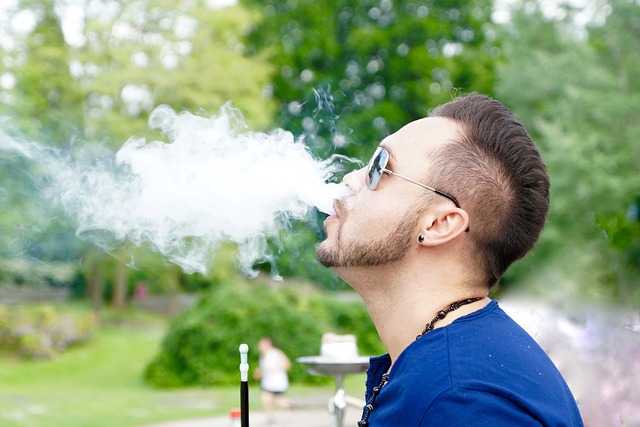 Everybody knows smoking is bad for the teeth and leads to a whole array of dental problems. But a new research found that second hand smoke exposure increases a child’s tooth decay risk at as early as three months.
Everybody knows smoking is bad for the teeth and leads to a whole array of dental problems. But a new research found that second hand smoke exposure increases a child’s tooth decay risk at as early as three months.
Dental caries in children result from a number of biological, environmental and lifestyle factors. Ask your local Welcome Bay dentist and preventative oral experts and they will say that prevention typically focuses on sugar restriction, oral fluoride supplementation and fluoride varnish.
The Research
The research set out to investigate the relationship between smoking during pregnancy and exposure to household smoke in babies at three-four months of age. The goal of the study was to see whether these factors would increase the risk of caries in deciduous teeth.
More than 70,000 children took part in the research and each attended routine health check-ups at zero, four, nine and 18 months, and finally, at three years of age at healthcare centres. The mothers were asked about second hand smoke exposure, as well as their dietary habits and oral care.
A qualified dentist assessed the children and defined the incidence of dental carries as at least one decayed tooth or a missing or filled tooth.
The Result
The study found that the prevalence of household smoking was at 53.3% and the dental carries identified reached up to 12,729 cases, the most common of which involved decayed teeth. Children who were exposed to second hand smoke had a twofold increase in the risk of caries.
Second hand smoke does not only affect adults, but children, too. This is a pressing matter as dental problems and dental habits are usually instilled and established early on. The results of the study called for extending public health and clinical interventions to reduce second hand smoke.
Early prevention is better than dealing with the 12,729 cases of decayed teeth. The future of these children depends on the environment they grow up in and the shape of the dental industry.

